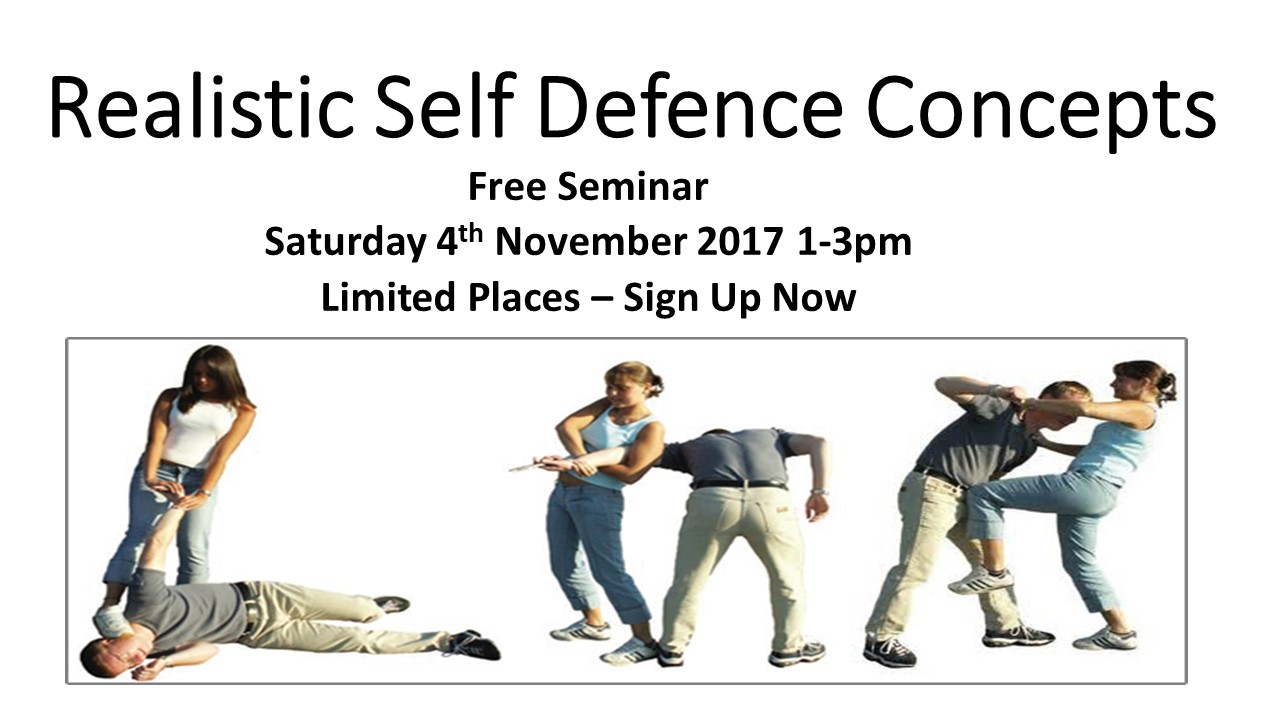
Gryp germaphobe keyshae is a small and elegant keychain that will protect you against germs. It is lightweight and made of silicone. It works against a variety of microorganisms such as bacteria, viruses and fungi.
NoContactKey
NoContactKey, an antimicrobial keychain device that reduces bacteria and virus spread, is small and easy to use. This tool can help you avoid touching door handles, ATM keypads, elevator buttons, and checkout payment pads. This tool is made of antimicrobial brass which protects your hands from bacteria.
Gryp
A Germaphobe keychain can be a life-changing accessory if you're allergic to germs. The NoContactKey's antimicrobial 260 brass alloy makes it a germ-free tool. It can be used to open doors and keep your hands off of surfaces where microbes are most likely. It's also adjustable to fit all finger sizes.

Kooty Key
The KootyKey keychain, which is antimicrobial, reduces the number of germs that can be found on your hands. It can be attached to keys and belts as well as bags, belts, shirts, and other objects. With its hook and rubber tip, it can be easily attached to doors and other surfaces. It is ideal for touchscreens. The keychain, which is manufactured in Detroit, Michigan can be purchased in single, two-, or four-packs.
Grayl water purifier
If you are a germaphobe, you will appreciate the unique features of the Grayl water purifier keychain. It can filter out bacteria and viruses from water. The unique technology of the device uses activated carbon cartridges to trap these contaminants. This device can also eliminate unpleasant odors and tastes. It is an excellent choice for camping, hiking, or any other outdoor activity where you need pure water.
Brass door handle opener
The NoContactKey germ-free utility keychain is designed to prevent contact with surfaces shared by germs and humans. This brass-based keychain serves as a clean key that prevents the user touching door handles or other objects. Its antimicrobial properties make it a useful tool for anyone suffering from germaphobia.
Bag hanger
For germaphobes who are afraid of getting sick, a handbag hanger is a must-have accessory. This reusable product keeps your purse from touching the tables, which is a breeding area for bacteria. It is ideal for office or home environments where people are constantly coming and going.

Gorilla tape
Gorilla tape can be used for any purpose and is three times as strong as standard duct tape. The reinforced backing makes it perfect for outdoor and indoor projects. The adhesive sticks to nearly any surface, even metal. It is strong enough for keys to stay together in case they come in direct contact with sharp or corrosive chemicals.
Leather flask
You can always keep a leather flask with you if you are a germaphobe. This small keychain accessory holds a single shot of poison. It's made from leather and weighs only one ounce.
FAQ
Do stun guns hurt people?
But it's not. A stun gun works by shooting a small amount of current into the skin.
This does not cause permanent damage.
Can I legally possess a stungun?
Yes. You will need a permit from the state.
Fill out the application form and pay the fee to apply for a permit.
You must keep your permit visible once you have received it (like your wallet).
If your permit is lost, you will have to start the process over again.
How to stay safe if you aren't physically able to protect yourself?
If you aren't physically able defend yourself from an attack, then you should seek out someone who is.
You might need to ask someone for help. You might need to call 911. However, if you wait to act, you might die.
Contact your local shelter for victims of domestic violence. Many shelters offer safety planning classes to teach women how to protect themselves.
How do beginners do self-defense?
It's not only for those who have been trained by professionals to defend themselves. You must also be able to defend yourself alone. Learn some basic techniques to defend yourself from an attack.
Begin with basic movements such as kicking, punching and kneeing. You can then move on to more advanced moves such as grappling or joint locks.
It is always good to practice things that are similar to what you would encounter in real-life situations. You should try to learn how you can kick someone on a soft surface like a pillow.
By doing this, you will not injure yourself while practicing. Be careful not to strike anything too hard as you could cause damage.
Statistics
- Saying this, Self defense 101 would be the importance of situational awareness, which can never be replaced by the finest of martial arts, because it is this that would help you to avoid any likely attacks in the first place. (worldofselfdefense.com)
- Kung Fu alone has 400 unique martial art styles – and whilst you likely won't be able to find a school for each form, many other martial arts are completely different altogether. (budodragon.com)
- Boxers aren't allowed to fight in a clinch, which is a position that occurs in 80% of the streetfights. (mmaclan.com)
- Verbal harassment was the most common form, but 51 percent of women said they were touched or groped in an unwelcome way, while 27 percent of women survived sexual assault. (healthline.com)
External Links
How To
Which kind of self-defense do I need to learn?
Self-defense encompasses many different options. There are many types of self-defense you can learn. These are the top ones.
-
Boxing – Boxing is a great option for self-defense as it trains you how to fight with your hands. While most people think only men can box, many women can. You can learn boxing from women using a variety methods including private lessons and gyms as well as online courses.
-
Wrestling - Although many people believe it's not a legitimate sport, it is. It was once the nation's pastime. You can learn to wrestle online, in a gym, or privately.
-
Jujitsu – Jujitsu is another popular martial arts that teaches you how defend yourself with your body weight. It's simple to learn and helps you improve your coordination and balance.
-
Kickboxing – Kickboxing is similar in style to Muay Thai except it uses kicks rather than punches. It is a full-contact combat sport without rules, much like Muay Thai. It's a great option for beginners because it's easy to learn.
-
Tae Kwon Do – TKD combines elements of karate (taekwondo), jujitsu, and karate to create a Korean martial art called Tae Kwon Do. It is a great way to learn about self defense without worrying about hurting your opponent.
-
Mixed Martial Arts (MMA - MMA is a combination of many martial arts. It is a combination of Judo and Brazilian Jiu Jitsu as well as Judo, Boxing Wrestling and Wrestling. Because it is so effective, it's one the fastest-growing sports in today's world.
-
Karate - Karate is a Japanese martial art that focuses on kicking techniques. It has been around for hundreds and years, and it has changed over the years. There are many styles of karate today, each with their own moves and training methods.
-
Knife Fighting- Knives can be used to defend yourself. It's not necessary to be near your attacker in order for you to stab them. Just know how you can use a knife defensively.
-
Pepper Spray - Pepper Spray is a non-lethal weapon which can be used to escape an attack or stop it from starting. However, pepper spray is not recommended for attackers. They are more likely to be burned.
-
Firearms – Shooting an attacker is the last resort. This is often done by law enforcement officers and trained civilians.
-
Self-Defense Classes- This class teaches all the skills you need in one place. They often cover everything from grappling, to shooting.
-
Combative Sports: Another great option is to take part in combative activities like kickboxing, mixed martial arts, and even amateur wrestling. These sports require you to practice hard and be disciplined.
-
Martial Arts Schools: If you want to learn how to defend yourself then you need to go to a school that is specialized in martial arts. Some schools also offer weapons training classes.
-
Online Courses – You also have many free resources that you could visit. 15) Books: Finally, some books can be very helpful. Alan Peppard's book "The Complete Idiot's Guide To Self Protection" covers all the topics.
-
Be Confident in What You Know. Before you try to learn something new or learning anything else, first make sure that you are familiar with the basics. That way, you'll avoid making mistakes that could harm you.
I think I'll try my hand in self-defense. I have always wanted fight skills but never had the interest to actually learn them. Now that I am older, it is time to take better care of me and stop relying on others.
I have decided to take it slow and see what happens. I am thinking about joining the local gym to get started with weight training and such. I'm still undecided if I should purchase a gun.